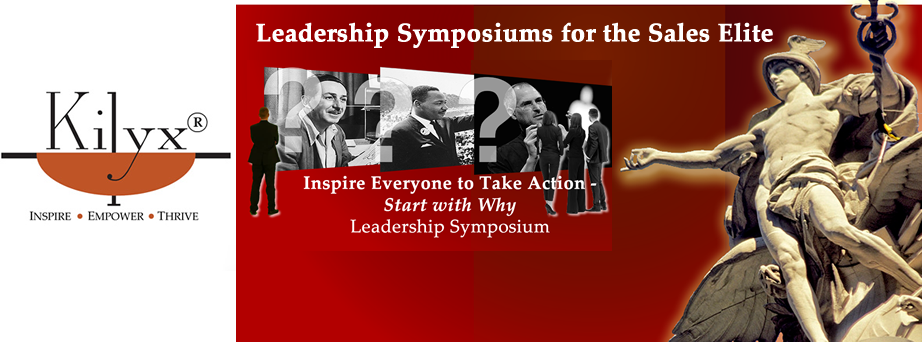Boxes and Blank Slates
Life is filled with cliches. Do a Google search on “business cliches” and you’ll be told that some should be cut from your vocabulary, others will get you promoted, 13 are making you terrible at your job, and most are overused. You will also be told that cliches “lack original thought.”
This last point is true, however, it’s a bum rap to call out cliches on this. There is no original thought.
Okay, I confess, this is not my idea. In fact, I read it somewhere. Indeed, nothing at all in this little communique is original. All I can take credit for is accumulating and chewing on several thoughts over a period of years, weighing their relative merits with as clear a mind as I can muster, and serving them up in a way that I hope you find palatable - maybe even delicious. Yes, creativity is more like cooking than sorcery.
So what’s the point? When you take the time to noodle on a cliche, despite all the bad press the abuse of cliches attract, you may discover that many hold wisdom. It may require time and thought to unpack them. It may be someone else who does it for you. Regardless, an old overused cliche may provide you with actionable insights and breakthroughs.
For instance take, “Think outside the box.” You see it in job descriptions. You hear it in meetings (I did just last week). For some it is an ability they claim to have or aspire to. For others it sounds more like a mystery skill such as mental telepathy or clairvoyance But what does it really mean, and how can you do it?
There is a short video where Stanford professor and best-selling author Chip Heath discusses thinking outside the box. He tells about how boutique hotelier Chip Conley of Joie de Vivre Hospitality and his marketing team set out to develop a theme for a rundown property he had acquired in San Francisco’s Tenderloin District. They spent a day brainstorming. It was a series of bad ideas, and at the end of the day they were no closer to a winning theme for the property than they were in the morning.
The next morning, Conley plopped a copy of Rolling Stone magazine on the table to begin the session and asked the team what a Rolling Stone hotel in this gritty part of San Francisco might look like. The great ideas flowed quickly and soon the team had an innovative concept for this dilapidated property which ultimately became a hit with musicians and Silicon Valley engineers who want to be as cool as a rockstar.
Heath’s point is simple. If you want to innovate, don’t start with a blank slate like the Joie de Vivre team did. Rather, find a box - the right one - and think inside the box.

